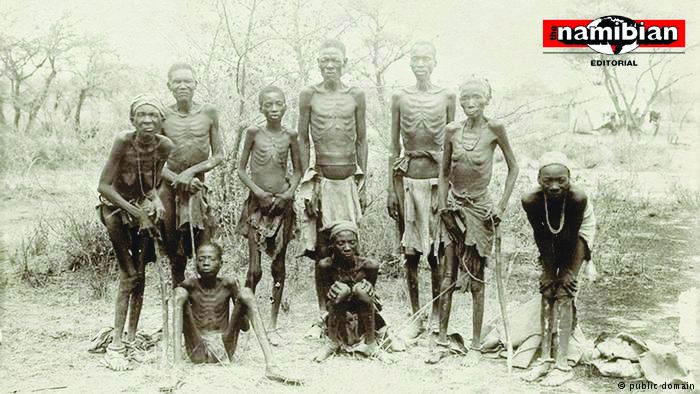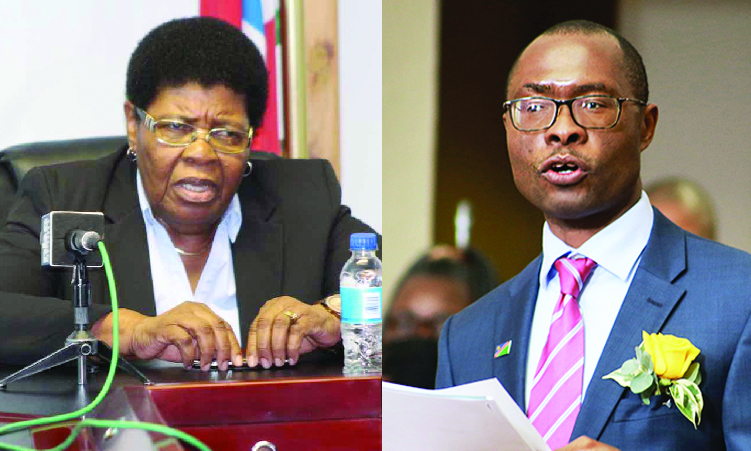THE ANNOUNCEMENT by the Namibian government that common ground has been reached with Germany over colonial mass atrocities and massacres is a giant step on an issue that has remained unresolved for more than 110 years.
Though long overdue, it is nothing less than progress in humanity: Germany has finally admitted it committed genocide when it intentionally wiped out large sections of the Nama and Ovaherero populations; Germany will also make a public apology accompanied by documenting the gruesome war crimes in a manner that allows the story of the victims to be told.
That progress is cause for celebration.
Namibians should not let this progress get buried in the understandable disagreements about the monetary figures and definition of the compensation.
If there are lessons to take from issues such as the Holocaust, determining monetary compensation is the most complex part, but one that can be addressed over time.
For a start, it is important for Namibians to be on the same page among themselves.
For those not affected by the genocide, especially government officials, it is crucial to deploy a high degree of sensitivity and empathy towards descendants of the victims.
Prime minister Saara Kuugongelwa-Amadhila’s statement in parliament this week already seemed dismissive about sections of the Nama and Ovaherero communities who she said excluded themselves early on when negotiations started.
It would be a grave mistake if, for instance, a Swapo majority in parliament was used to adopt the draft joint declaration with Germany at the exclusion of opposition parties and traditional authorities that have not sided with the government.
And for many other Namibians not affected by the genocide, it is also a time to step back and reflect on the horror and near-extermination the Herero and Nama people suffered. More than that, we as a country need to honour that moment in history.
Let the monetary compensation not divide the country further.
What is important is to avoid settling for the German offer just because the government can.
It is also worth noting that ‘individual’ efforts in the past to claim reparations from Germany and German organisations, including costly legal actions, did not succeed.
Germany is probably correct at this stage in not calling it’s offer of 1,1 billion Euro (N$18 billion) over 30 years reparations, although our government insists it is. That compensation is mere tokenism to accompany the main step of classifying the atrocities as genocide and to tender a public apology. It amounts to the equivalent of the about N$15 billion of voluntary development aid that Germany had provided to Namibia by 2019.
Besides, how was the N$18 billion arrived at, considering the lives lost, the pain and suffering of the direct victims as well as the trauma passed on to generation after generation? What was taken into account to determine the so-called reparation price put on that which was lost in the past and the legacy it continues to leave?
The manner in which this agreement is finalised is key to closing this important chapter of Namibia’s history.
Now that we have reached this stage, the Namibian government should improve by being more transparent about the process and redouble its consultative process, especially with the parties that have been left out.
President Hage Geingob has always emphasised consultations, saying “exclusivity spells conflict and inclusivity spells harmony”.
It is time to walk the talk. The government needs to use the remaining window of opportunity to be seen to act in good faith and to tick key boxes before signing up to the agreement.
Stay informed with The Namibian – your source for credible journalism. Get in-depth reporting and opinions for
only N$85 a month. Invest in journalism, invest in democracy –
Subscribe Now!










